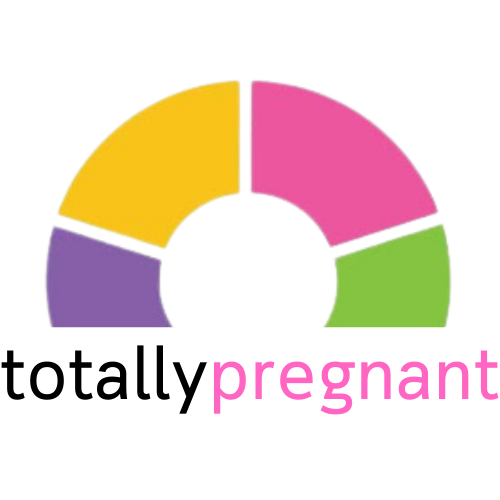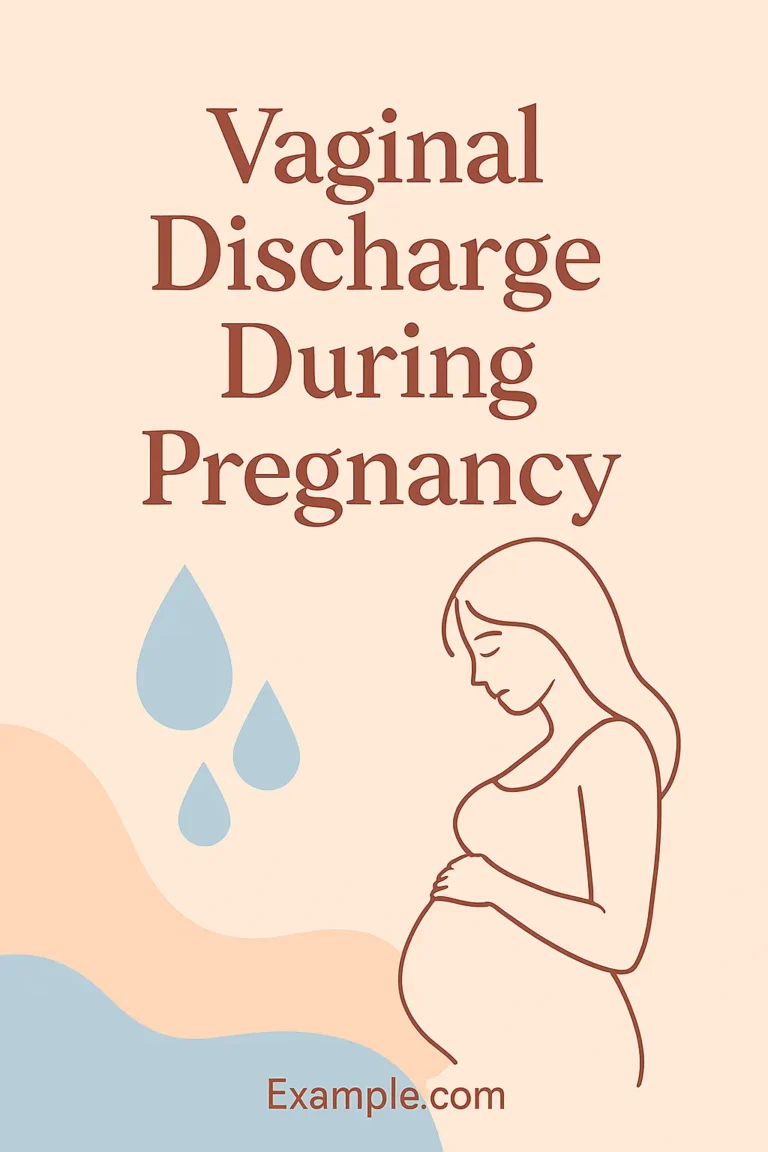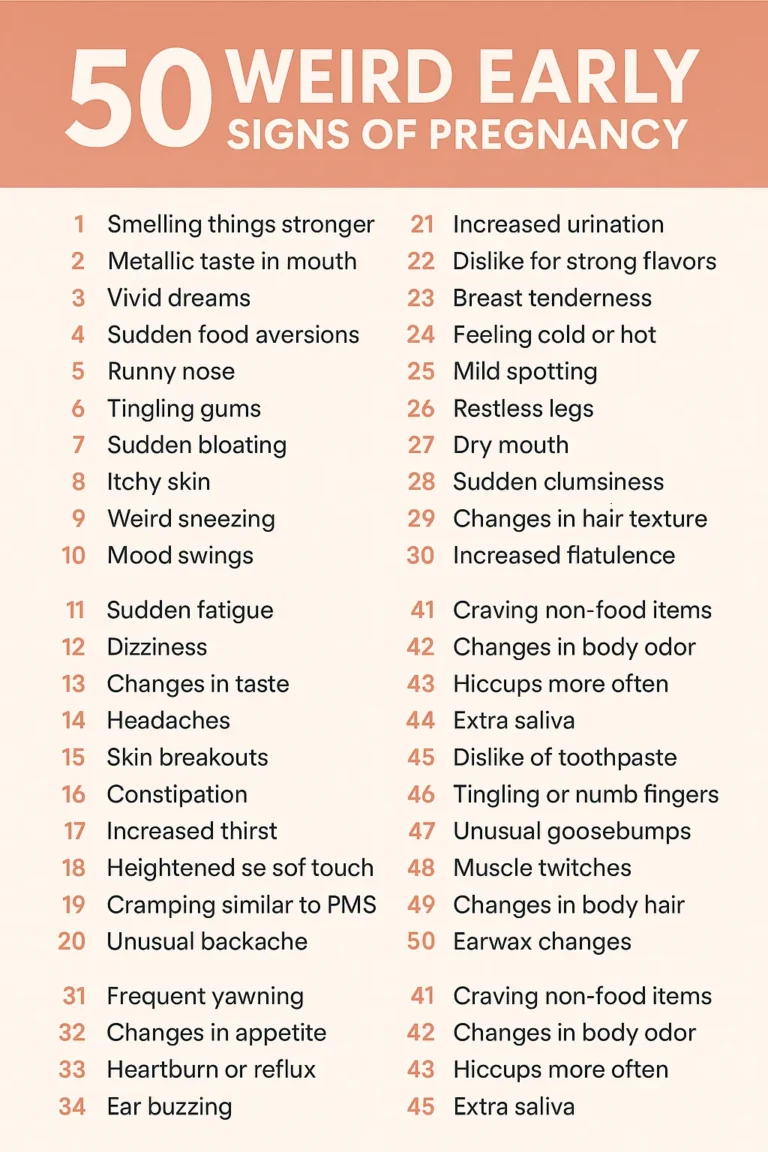Healthy Pregnancy Food and Tips: Essential Nutrients
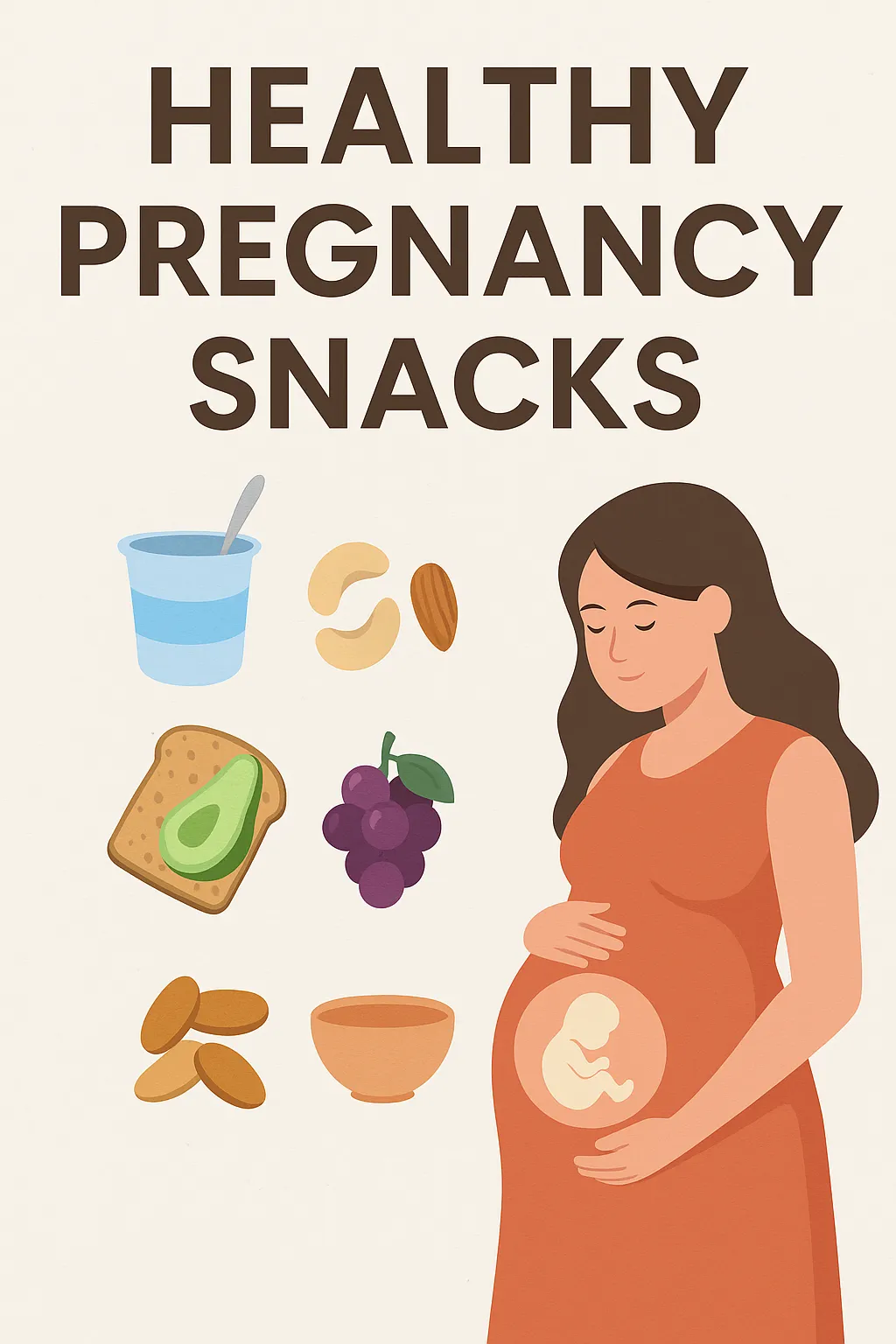
Pregnancy changes the way you look at food. Suddenly, every bite feels more important because it’s not just about your health but also your baby’s growth. When I was pregnant, I remember double-checking even the smallest snack to be sure it was safe and nourishing.
Eating right during pregnancy isn’t about following a perfect diet but making smart choices.
With the right mix of foods, snacks, and nutrients, you can feel more energetic, reduce common discomforts, and support your baby’s development.
This guide will walk you through the best pregnancy foods, essential nutrients, and healthy tips that can make a real difference.
Essential Nutrients You Need During Pregnancy
Pregnancy isn’t about eating for two; it’s about nourishing for two. The quality of your meals matters more than the quantity. Below are the key nutrients that support both you and your baby.
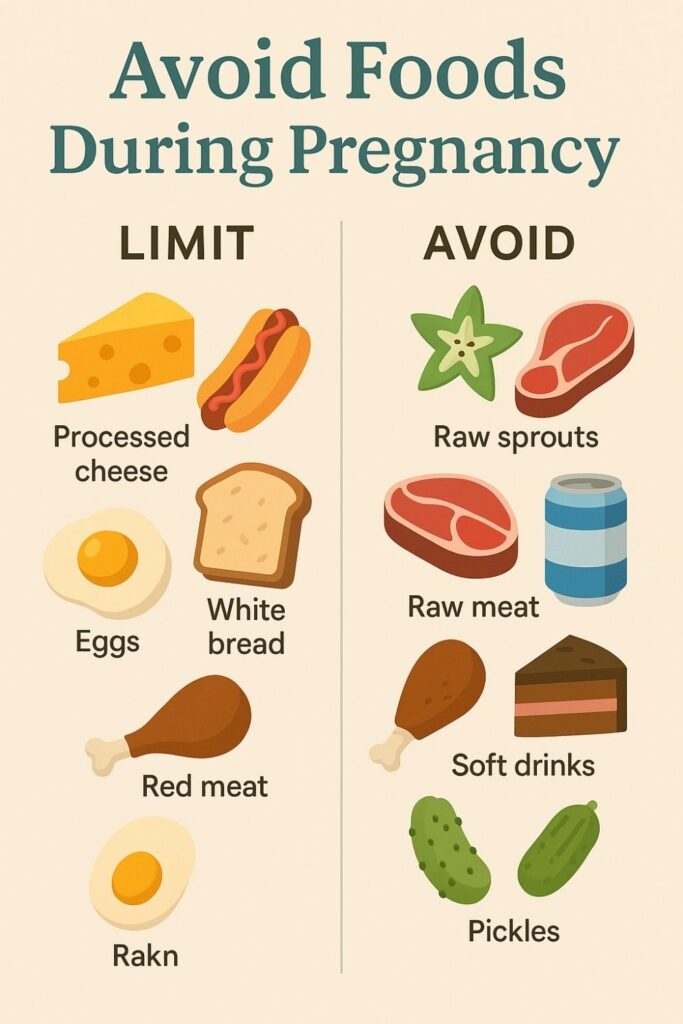
Folate (Folic Acid)
Folate is vital for your baby’s brain and spinal cord development. A lack of folate can increase the risk of neural tube defects. Foods rich in folate include leafy greens, beans, lentils, and fortified cereals. Many doctors also recommend a folic acid supplement, especially during the first trimester.
Iron
Your body produces more blood during pregnancy, and iron helps carry oxygen to both you and your baby. Without enough iron, you may feel weak, dizzy, or develop anemia. Good sources include lean red meat, poultry, spinach, and legumes. Pairing iron-rich foods with vitamin C (like oranges or tomatoes) helps your body absorb iron better.
Calcium
Calcium supports your baby’s developing bones, teeth, heart, and muscles. If you don’t get enough, your body will pull calcium from your own bones. Dairy products like yogurt, cheese, and milk are excellent options, but if you’re lactose intolerant, you can rely on fortified plant-based milk or leafy greens.
Protein
Protein is the “builder” nutrient. It supports your baby’s tissues, muscles, and overall growth. It also helps repair and maintain your own body. Eggs, fish, poultry, beans, and nuts are easy ways to add protein to your meals. Aim to include a small protein source in every meal and snack.
Omega-3 Fatty Acids
These healthy fats play a key role in your baby’s brain and eye development. Salmon, sardines, chia seeds, and walnuts are some of the best sources. If you don’t eat fish often, fish oil or algae-based supplements are safe alternatives, but always check with your doctor first.
Fiber
Constipation is one of the most common pregnancy complaints. Fiber keeps your digestion regular and reduces bloating. Whole grains, fresh fruits, vegetables, and legumes are natural fiber powerhouses. Drinking enough water alongside fiber makes it even more effective.
Vitamin D
Vitamin D helps your body absorb calcium and supports your immune system. It also plays a role in your baby’s bone health. The best natural source is sunlight, but you can also find it in fatty fish, fortified dairy, or supplements if needed.
Water
Though it’s often overlooked, water is one of the most essential nutrients. It helps maintain amniotic fluid levels, supports digestion, and prevents dehydration. Aim for at least 8–10 glasses a day, more if you’re active or in a hot climate.
Healthy Pregnancy Snacks
Snacking during pregnancy isn’t just about curbing cravings. It’s a way to keep your energy steady and prevent long gaps between meals, which can help with nausea and low blood sugar. The key is to choose snacks that balance nutrients instead of relying on empty calories.
Fruit with Nut Butter
Pairing apple slices or banana with peanut or almond butter gives you natural sugars, healthy fats, and protein all in one. This combo keeps you full longer and adds a good dose of fiber.
Yogurt with Berries
Plain Greek yogurt topped with blueberries, strawberries, or raspberries is a creamy, satisfying snack. It gives you calcium, probiotics for digestion, and antioxidants for overall health.
Hummus with Veggie Sticks
Carrot sticks, cucumber slices, or bell pepper strips dipped in hummus make a crunchy, refreshing option. Hummus provides protein and fiber, while the veggies are rich in vitamins.
Whole-Grain Crackers with Cheese
This classic snack delivers both carbs and protein. Whole-grain crackers keep your energy stable, while cheese gives you calcium and protein to support your baby’s growth.
Hard-Boiled Eggs
Easy to prepare and carry, eggs are a protein-packed snack loaded with choline, which supports brain development. Sprinkle a little salt and pepper, and you’re set.
Smoothies
Blend spinach, banana, Greek yogurt, and a splash of milk for a nutrient-packed drink. Smoothies are great when you don’t feel like eating solid food but still want nourishment.
Trail Mix
A homemade mix of unsalted nuts, seeds, and dried fruit can satisfy sweet and salty cravings while providing healthy fats and fiber. Just watch portion sizes since nuts are calorie-dense.
Avocado on Toast
Whole-grain toast with mashed avocado is a filling option full of fiber, healthy fats, and folate. Add a squeeze of lemon or a sprinkle of sesame seeds for extra flavor.
Healthy Pregnancy Tips
Pregnancy is not just about eating the right foods. It’s also about small daily habits that help you feel better and support your baby’s growth. These tips are easy to follow and can make a big difference.
Eat Small, Frequent Meals
Large meals can sometimes trigger heartburn or make you feel too heavy. Instead, aim for 5–6 smaller meals a day. This keeps your energy steady and helps with nausea.
Stay Hydrated
Water is essential during pregnancy. It supports digestion, prevents constipation, and helps nutrients flow to your baby. Keep a reusable water bottle with you, and aim for at least 8–10 cups daily.
Balance Your Plate
Try to include protein, fiber, and healthy fats in every meal. For example, grilled chicken with quinoa and vegetables is more balanced than just plain pasta. Balanced meals keep your blood sugar stable and reduce cravings.
Don’t Skip Breakfast
Breakfast gives your body the fuel it needs after hours of fasting. Even if you don’t feel hungry, start with something light like oatmeal, fruit, or a smoothie.
Manage Cravings Wisely
Cravings are normal, but try to find healthier alternatives. If you’re craving sweets, go for fruit with yogurt instead of candy. If salty snacks call your name, opt for lightly salted popcorn or nuts instead of chips.
Listen to Your Body
Some days you may feel hungrier than others. That’s okay. Your body is working harder, and your needs will change. Pay attention to hunger signals rather than forcing yourself to stick to a rigid plan.
Rest and Reduce Stress
Eating well goes hand in hand with rest and relaxation. Stress can affect digestion and your overall health, so take short breaks, practice breathing exercises, or go for gentle walks.
Pregnancy Nutrition:
| Nutrient | Function | Recommended Daily Amount | Good Food Sources |
|---|---|---|---|
| Folate / Folic Acid | Prevents neural tube defects; reduces risk of premature birth and low birth weight | 400 mcg before pregnancy; 600–1,000 mcg during pregnancy | Fortified cereals (100–400 mcg), spinach (131 mcg/½ cup), beans (90 mcg/½ cup), asparagus, oranges, peanuts |
| Calcium | Builds bones and teeth; supports muscles, nerves, blood vessels | 1,000 mg (1,300 mg for teens) | Fortified OJ (349 mg/cup), mozzarella (333 mg/1.5 oz), milk (300 mg/cup), yogurt (258 mg/6 oz), salmon with bones, spinach |
| Vitamin D | Helps calcium build bones and teeth | 600 IU | Cooked sockeye salmon (570 IU/3 oz), fortified milk or orange juice (100 IU/cup), eggs (43.5 IU/egg) |
| Protein | Supports fetal growth and development | 71 g | Cottage cheese (28 g/cup), chicken breast (26 g/3 oz), salmon, lentils (9 g/½ cup), milk (8 g/cup), peanut butter, eggs |
| Iron | Prevents anemia; supports blood and oxygen supply to baby | 27 mg | Fortified oats (20 mg/½ cup), lean beef (3 mg/3 oz), spinach (3 mg/½ cup), kidney beans (2 mg/½ cup), turkey |
| Prenatal Supplements | Fills nutrient gaps; may be necessary for special diets or health conditions | As advised by healthcare provider | Prenatal multivitamins (often include iron, folic acid, and more); consult doctor before using herbal supplements |
